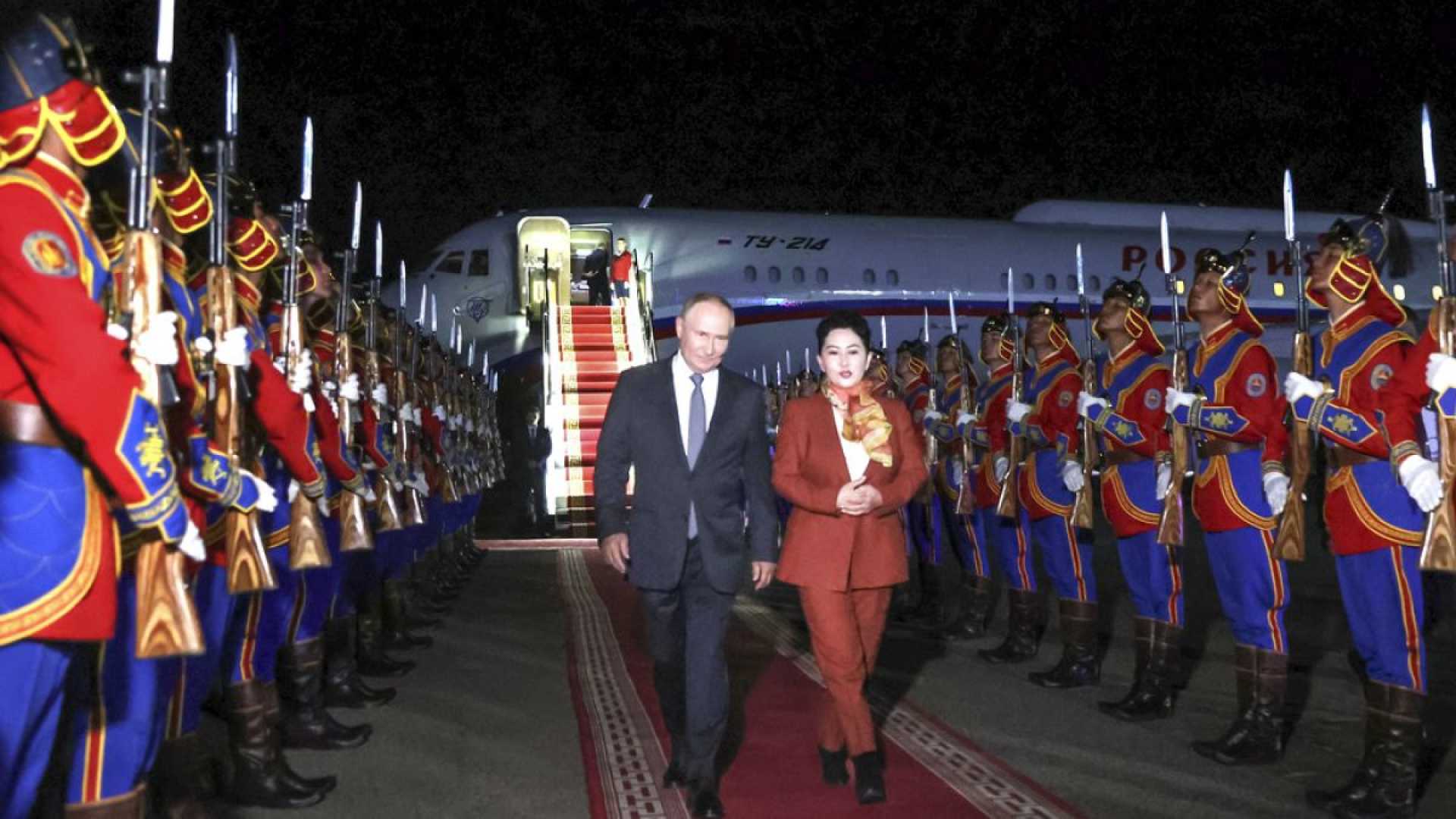Politics
Vladimir Putin Visits Mongolia Amid ICC Arrest Warrant Controversy

On September 2, 2024, Russian President Vladimir Putin arrived in Ulaanbaatar, Mongolia, marking his first visit to an International Criminal Court (ICC) member since a warrant for his arrest was issued last year.
Putin was greeted at the airport by Mongolia’s Minister of Foreign Affairs, Battsetseg Batmunkh, along with a guard of honor, signaling the significance of the high-profile visit. This trip is viewed as a defiant gesture against the ICC, as calls for his detention have come from Kyiv and various human rights organizations.
The ICC issued an arrest warrant for Putin in March 2023, citing allegations of unlawfully deporting Ukrainian children amidst the ongoing conflict that began in 2022. The visit has raised eyebrows, with critics highlighting Mongolia’s legal obligation to arrest him, given its status as an ICC member.
Kyiv has made official requests to Mongolian authorities urging them to honor the ICC warrant. However, the Kremlin has stated that it is not worried about the potential for Putin’s arrest during this trip.
Mongolia, sandwiched between Russia and China, has historically navigated its diplomatic relations carefully. Since gaining independence after the collapse of the Soviet Union in 1991, it has managed to maintain a balance in its relations with both nations, abstaining from criticizing Russia’s actions regarding Ukraine.
The response to Putin’s presence in Mongolia has drawn swift reactions from human rights organizations, including Amnesty International and Human Rights Watch, both of which have called for the enforcement of the ICC arrest warrant. They emphasize that allowing Putin to visit without arrest undermines international justice and the principle that no one is above the law.
Mongolia’s membership in the ICC and its commitment to the Rome Statute are further put into question with this visit, as the nation grapples with international expectations and its own diplomatic interests.












